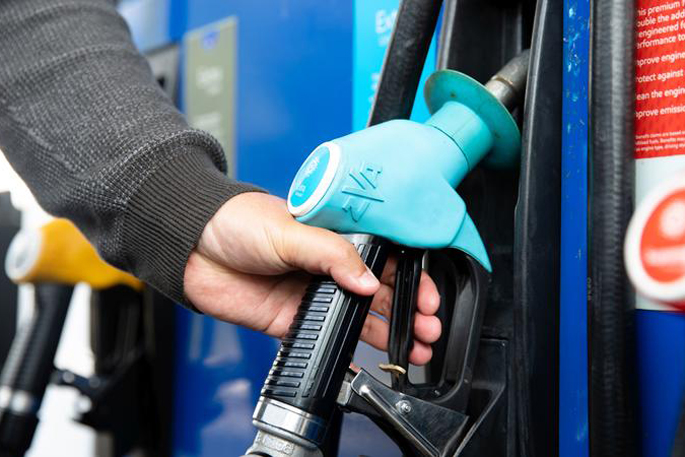The New Zealand Automobile Association is calling for the Emission Trading Scheme to include spending the ETS levy on fuel for projects that help reduce transport emissions.
The Government announced amendments to the ETS on Tuesday.
The New Zealand Emissions Trading Scheme is the Government's main tool for reducing greenhouse gas emissions. Read more here.
The changes include a limit on the total emissions allowed within the ETS, rules to ensure emission prices are more predictable, and a provisional emissions budget for the 2021-2025 period.
'A reformed ETS will be one of New Zealand's most efficient and cost-effective tools for reducing emissions and ensuring we leave behind a safe planet for our children and grandchildren," says Minister for Climate Change James Shaw.
'An effective Emissions Trading Scheme is a key part of what needs to be done. Unfortunately the rules set by previous Governments left the scheme too weak to have any real impact on reducing our emissions.
James says a good example that New Zealand is working on meeting climate change targets, is the fact that until now the ETS has been a cap and trade system without a cap.
He says this has meant that emissions permitted under the scheme were, in effect, unlimited.
'The changes I have announced will better translate our emission reduction targets into a predictable emission price, which will incentivise our biggest polluters to invest in the transition to a clean, climate-friendly economy.
'As a complete package, these reforms take a big step towards a safer future. New Zealanders now know what our emissions limit is for the first half of this decade, and the contribution the ETS will make towards keeping us below that level.
'We have also put everything in place to make sure businesses covered by the ETS can play their part in tackling the climate crisis in fair and affordable way."
AA PetrolWatch spokesperson Mark Stockdale.says motorists are going to be paying more under the revised scheme for the CO2 they use when driving.
"The extra tax collected needs to be invested in projects that help reduce the reliance on fossil fuels, such as developing alternative fuels."
The AA says motorists pay an ETS levy of 6.7cpl on 91 octane petrol and 7.8cpl on diesel at the current price of CO2, which is capped at $25/tonne. If the price of CO2 rises to the maximum value under the reforms of $35/tonne, this year, that will add another 3cpl, and if it doubles to $50/tonne during 2021-25 then the ETS levy would be 13.5cpl for petrol and 15.6cpl for diesel.
At the moment, the government is collecting about $420m a year in ETS revenue from transport, which could potentially double under reforms, but none of this is dedicated to offsetting CO2 emissions from the transport fleet, says Mark.
'The objective of the reformed ETS scheme is to reduce CO2 emissions, and the transport sector needs to play its part, but today's announcements do not guarantee that the increased levies will reduce CO2 from transport, which has been the fastest-growing sector for emissions."
Further Information
The Emissions Trading Reform Bill had its second reading on Tuesday.
The rules announced will be enacted through regulation once the Bill has passed and include:
- A provisional emission budget for the 2021-2025 period of 354 million tonnes of CO2 equivalent greenhouse gasses
- The Climate Change Commission will provide advice next year on future emissions budgets. They may also propose a revised emissions budget for the 2021-25 period that would supersede the provisional emissions budget announced.
- A new cap on the ETS of 160 million tonnes of CO2 equivalent greenhouse gases over 2021-2025
- Price controls that will act as a backstop when auctioning is introduced – preventing prices going too low or too high
- Rules that govern auctioning to provide certainty on how auctions will be scheduled and run
The Supplementary Order Paper (proposed amendments to the Emissions Trading Reform Bill) published today will:
- Extend participants' access to the Fixed Priced Option (the ETS's de-facto price ceiling) to cover 2020 emissions, providing certainty about compliance costs
- Defer implementation of major forestry policies to January 2023 whilst ensuring foresters who register under the current announced settings are not disadvantaged
- Delay the introduction of penalties for small foresters
- Extend cover for surrender liabilities to foresters during temporary adverse events using stock change accounting, and introducing exceptions of the new penalties for small forest participants



0 comments
Leave a Comment
You must be logged in to make a comment.